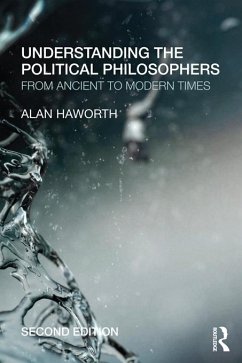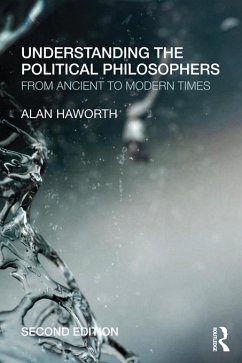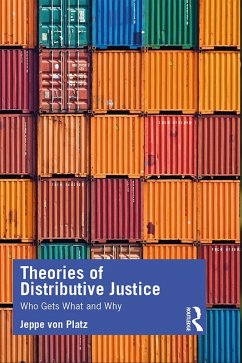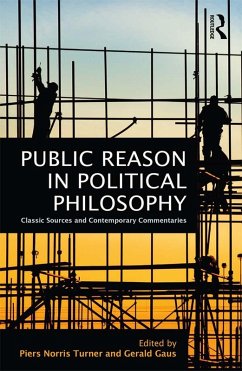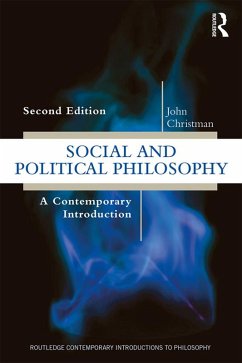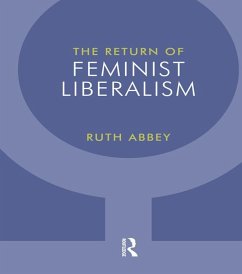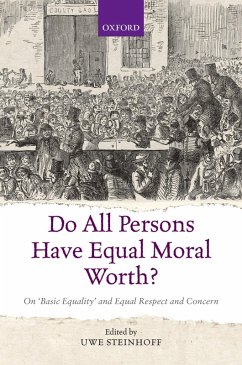
Rawls (eBook, PDF)

PAYBACK Punkte
11 °P sammeln!
In this superb introduction, Samuel Freeman introduces and assesses the main topics of Rawls' philosophy. Starting with a brief biography and charting the influences on Rawls' early thinking, he goes on to discuss the heart of Rawls's philosophy: his principles of justice and their practical application to society.Subsequent chapters discuss Rawls's theories of liberty, political and economic justice, democratic institutions, goodness as rationality, moral psychology, political liberalism, and international justice and a concluding chapter considers Rawls' legacy.Clearly setting out the ideas ...
In this superb introduction, Samuel Freeman introduces and assesses the main topics of Rawls' philosophy. Starting with a brief biography and charting the influences on Rawls' early thinking, he goes on to discuss the heart of Rawls's philosophy: his principles of justice and their practical application to society.
Subsequent chapters discuss Rawls's theories of liberty, political and economic justice, democratic institutions, goodness as rationality, moral psychology, political liberalism, and international justice and a concluding chapter considers Rawls' legacy.
Clearly setting out the ideas in Rawls' masterwork, A Theory of Justice, Samuel Freeman also considers Rawls' other key works, including Political Liberalism and The Law of Peoples. An invaluable introduction to this deeply influential philosopher, Rawls is essential reading for anyone coming to his work for the first time.
Subsequent chapters discuss Rawls's theories of liberty, political and economic justice, democratic institutions, goodness as rationality, moral psychology, political liberalism, and international justice and a concluding chapter considers Rawls' legacy.
Clearly setting out the ideas in Rawls' masterwork, A Theory of Justice, Samuel Freeman also considers Rawls' other key works, including Political Liberalism and The Law of Peoples. An invaluable introduction to this deeply influential philosopher, Rawls is essential reading for anyone coming to his work for the first time.
Dieser Download kann aus rechtlichen Gründen nur mit Rechnungsadresse in A, B, BG, CY, CZ, D, DK, EW, E, FIN, F, GR, HR, H, IRL, I, LT, L, LR, M, NL, PL, P, R, S, SLO, SK ausgeliefert werden.





